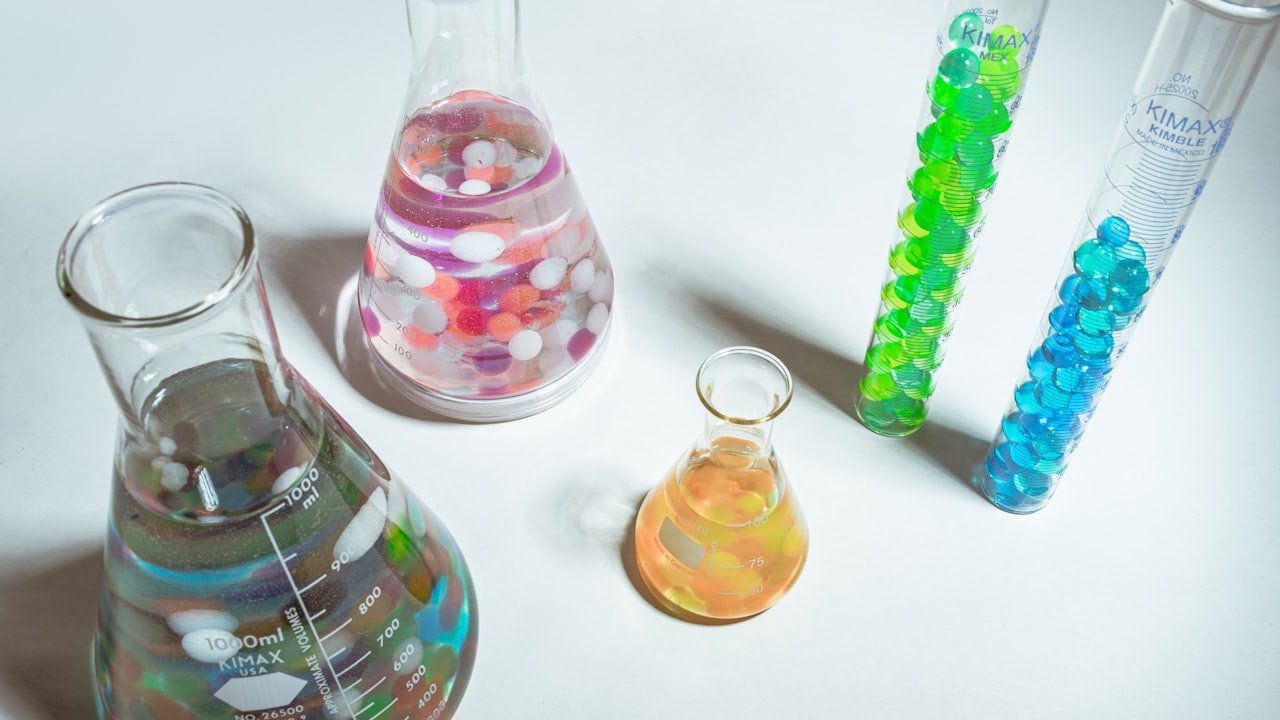How EDTA Chemical Works, Depending on its Applications

EDTA is a white powder that’s soluble in various chemicals. For instance, it is made of sodium hydroxide, sodium carbonate, and ammonia solution solvent. Furthermore, this chemical dissolves quickly and easily in boiling water and cold water (slightly). However, EDTA chemical is insoluble in ethanol and popular organic solvents. Because of its incredible performance, chemical suppliers deliver EDTA chemical and solutions to various industries. So, this post will discuss how EDTA works.
How does EDTA chemical work?
EDTA is a chemical that binds and holds directly to minerals and metals. Therefore, it is called a chelating agent. EDTA chemical binds with metals: chromium, iron, lead, mercury, zinc, copper, aluminum, and magnesium. So, when EDTA is used to manufacture medications, it works by binding with the metals that cause the illnesses and eliminating them from the body. For instance, one of the common uses of EDTA is to make medicine for treating metal, like lead poisoning. It is also worth mentioning that the way EDTA chemical works depends on its application. So here are some applications and how the chemical works for each:
1. EDTA for treating lead poisoning
Lead is a popular metal used in various industrial settings. However, too much exposure can lead to brain damage and other severe issues. So, one of the top uses of EDTA is to treat lead poisoning. It works by attaching itself to the lead in the body and eliminating it from the body. Doing so may not reverse all the outcomes of lead poisoning. However, it can treat some of its severe signs and symptoms, such as fatigue, stomach ache, loss of appetite, and constipation. Also, it slows down kidney troubles due to a long-time period of lead poisoning. Additionally, the FDA has approved medications with EDTA chemicals for treating lead poisoning.
2. EDTA chemical for treating symptoms of high calcium levels
Excess calcium levels in the body can lead to severe health problems like kidney and liver disease. So, medications with EDTA help resolve the issue by helping eliminate excess calcium in the body. Doing so helps reduce the adverse impacts of excess calcium in the body. Dentists also use EDTA to clear calcium deposits in the eyes. Doing so helps improve eyesight and prevent issues like cataract growth in the eyes. Besides the applications of EDTA chemicals, some industries also use EDTA solutions. EDTA solution applications are especially popular in medical and scientific settings.
3. EDTA chemical for pharmaceutical applications
EDTA chemicals helps practitioners in the pharmaceutical sector to develop effective products. For instance, EDTA in shampoos and liquid soaps makes them more effective in eliminating metals on the hair and skin. It also eliminates hair and skin hardness, making it smooth and healthy.
Conclusions
Before using EDTA to manufacture pharmaceutical products, as an additive in foods, or in the cosmetic industry, you must ensure to purchase high-quality EDTA chemicals. You can do this by working with a reliable chemical supplier. A reliable EDTA chemicals and solutions supplier will ensure you get high-quality products at incredible prices for various applications.


